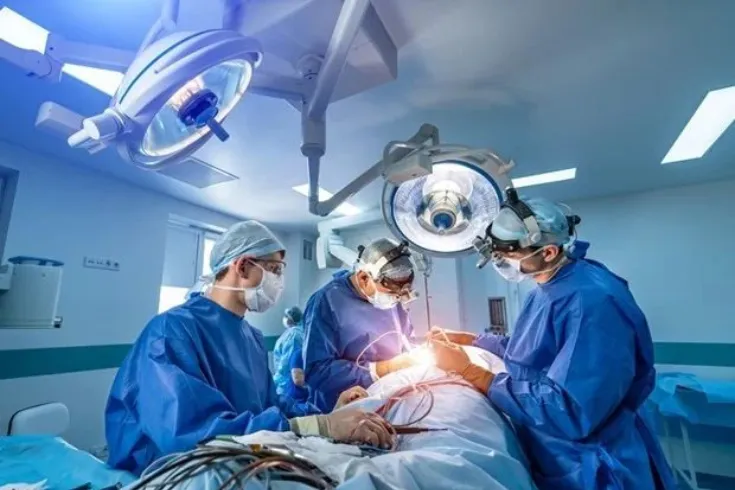Brain Surgeries
Brain surgeries involve procedures to treat conditions like brain tumors, aneurysms, seizures, and head trauma by accessing the brain for the removal of tissue, repair blood vessels, or implant electrodes.
Common types include craniotomy for open access, minimally invasive endoscopies for tumor removal through small incisions or natural orifices, deep brain stimulation for neurological disorders, and endovascular procedures to treat vascular problems like aneurysms.

Common Types of Brain Surgery
➔Craniotomy: A surgical procedure where a section of the skull is removed to expose the brain for addressing tumors, blood clots, aneurysms, or severe injuries.
➔Endoscopic Brain Surgery: A minimally invasive approach to remove tumors or lesions through small holes in the skull or via the nose and sinuses using endoscopes.
➔Deep Brain Stimulation (DBS): Electrodes are implanted in the brain that deliver electrical signals that help control the symptoms of conditions such as Parkinson’s disease and Epilepsy.
➔Endovascular Procedures: Catheters are navigated through blood vessels, that start from the groin, to reach and treat brain issues like aneurysms or blood clots without opening the skull.
➔Biopsy: A small brain tissue is removed as a sample for microscopic examination to diagnose conditions of nervous system diseases or brain tumors.
Meet Our Doctor

